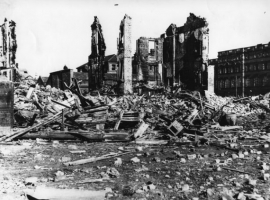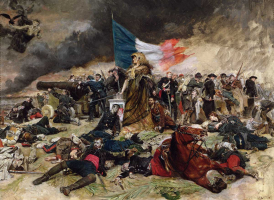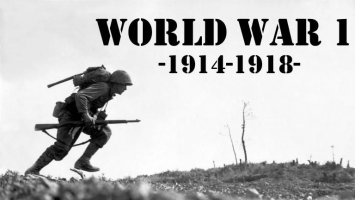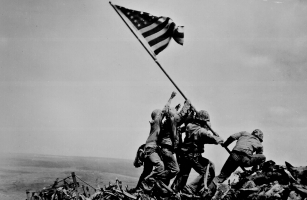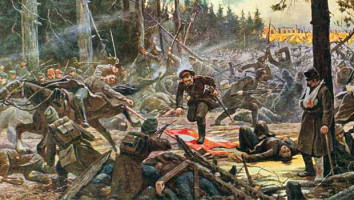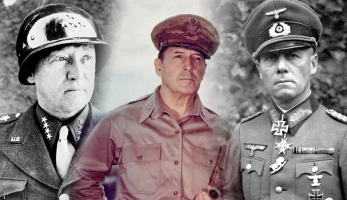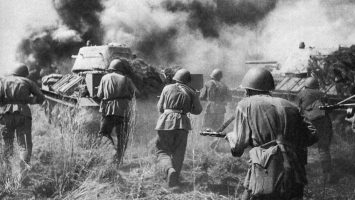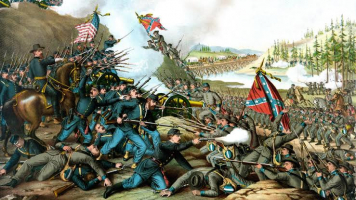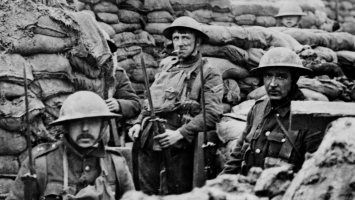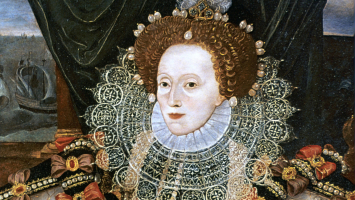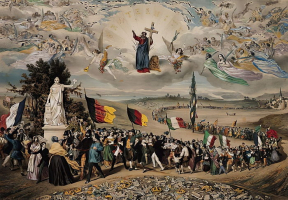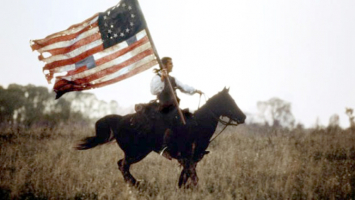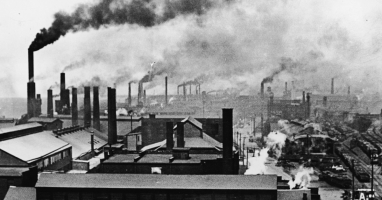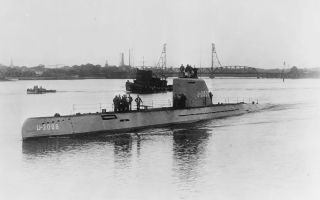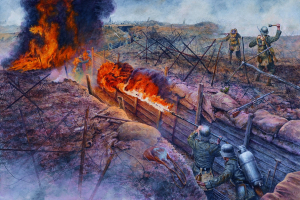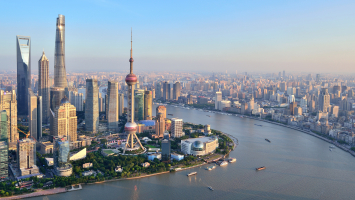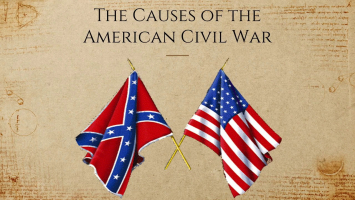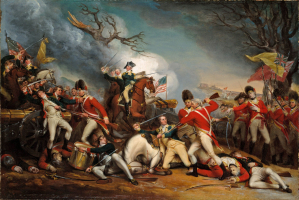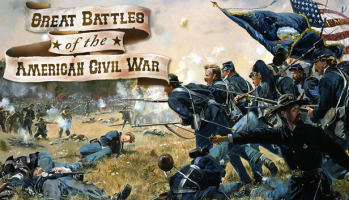Top 10 Most Major Effects of World War I
WWI was a global struggle that reshaped the Middle East and Europe's maps. It had a big influence on the demise of four major kingdoms, signaled the end of ... read more...colonialism, altered the global economic balance, altered social life, produced the necessity for an international organization of states, and encouraging technological development. The Great War was pivotal in the development of the contemporary world. The following are the ten most major effects of World War I.
-
At the close of World War I, one of the most major effects of World War I was the Treaty of Versailles was signed in June 1919 at the Palace of Versailles in Paris, codifying peace conditions between the victorious Allies and Germany. The Treaty of Versailles considered Germany accountable for the outbreak of the war and imposed severe punishments such as territorial loss, large reparations payments, and demilitarization. Far from the "peace without victory" that the United States has advocated.
It featured tough terms that sparked resentment throughout Europe, particularly among the Central Powers, who were required to pay financial reparations. The War Guilt Clause, which held Germany responsible for the commencement of hostilities, was one of the treaty's toughest provisions. It was forced to disarm, pay $5 million in reparations to the Allies, and make territorial concessions. The reparations caused widespread unemployment and hyperinflation in the country, and the national humiliation fueled the emergence of the Nazis (National Socialists) and contributed to the onset of WWII.
The Treaty of Versailles humiliated Germany while failing to fix the fundamental concerns that had led to the war in the first place, as President Woodrow Wilson had articulated in his famous Fourteen Points in early 1918. Economic hardship and hatred of the Treaty of Versailles fueled ultra-nationalist feelings in Germany, resulting in the rise of Adolf Hitler and the Nazi Party, as well as the outbreak of World War II almost two decades later.
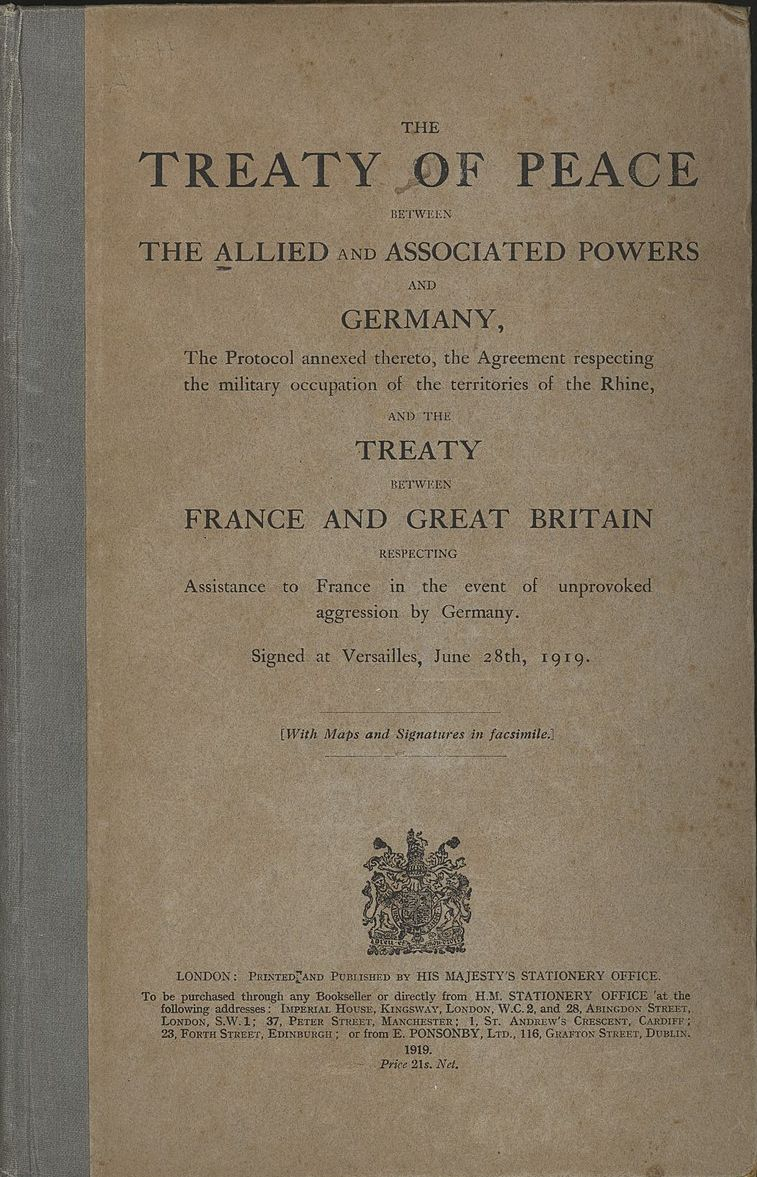
totallyhistory.com 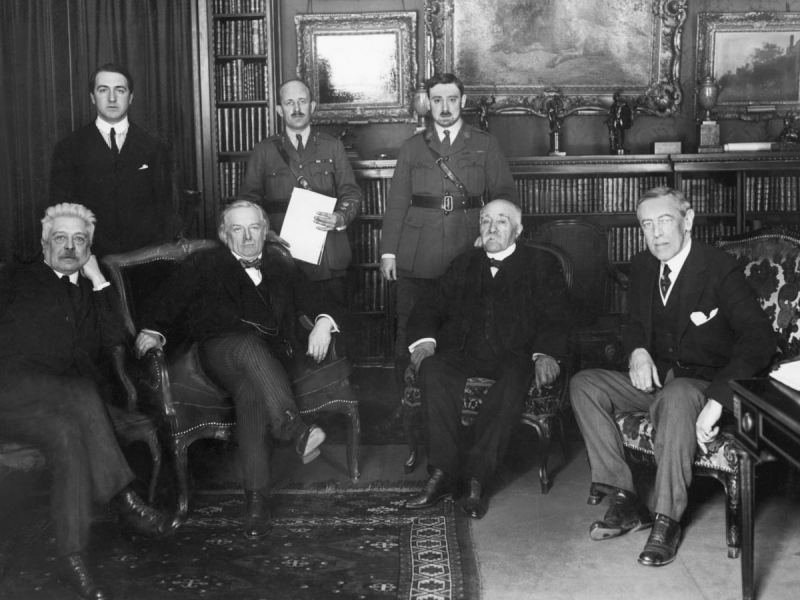
www.history.com -
Gertrude Stein, an American female writer who mostly resides in France, is credited with coining the term "lost generation." The term "lost generation" also applies to the postwar American expatriates who settled in France. But she isn't the one who coined the phrase. There is another story behind its origin. Immediately following World War I, the phrase "Lost Generation" was used to represent a generation of women and men in their twenties and thirties. It's usually associated with poets and writers from the 1920s.
More than 9 million troops and 12 million civilians died in World War I, leaving many who survived with P.T.S.D. Due to the terrible consequence, people lost trust in courage, strength, patriotism, and traditional values. Those born in the latter two decades of the 1800s, in particular, were extremely heavily struck. The survivors of the Great War were physically and emotionally scarred. Friends and loved ones are lost, and their careers and prospects are also lost.
The "lost generation" is a "fortunate" generation that lived to see the end of the war, but a portion of them appears to have "died" in the smoke of gunfire. They are alive, but they are continually lost, miserable, and gloomy about their prospects. Those who participated in and fought in the Great War were dubbed the "Lost Generation" because they never fully recovered from their tribulations.
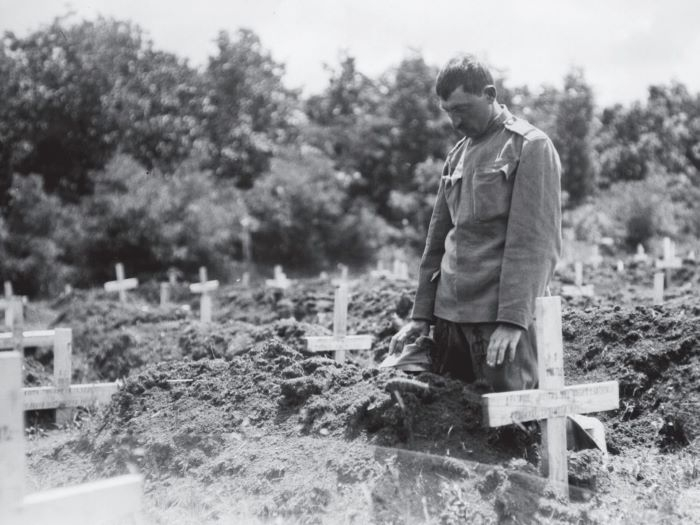
www.khanacademy.org 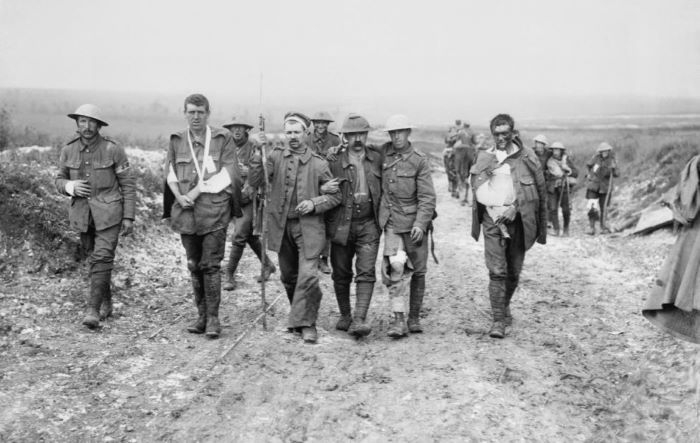
www.khanacademy.org -
The massive magnitude and breadth of the First World War, which pitted the world's most powerful nations against each other, ushered in a slew of new scenarios and problems. As a result, the war ushered in a slew of Galvanized Technological Advances, both on and off the battlefield leading to it becoming one of the most major effects of World War I.
Machine guns, sophisticated artillery, and airplanes were all brought to the battlefield during World War I. Horses were quickly shown to be inefficient, and tanks were introduced into service in 1916. Chemistry research contributed to the development of the infamous poison gases and other chemical warfare weapons. In addition, weaponry and ammunition have advanced by leaps and bounds. Submarines, aircraft carriers, hydrophones, and depth charges were deployed in the seas, while aviation gained a lot of attention and expansion.
With millions of people injured or sick, medical and surgical innovations such as transportable X-Ray equipment, new medicinal medications, antiseptics, anesthetic, sun lights, and facial reconstruction surgery were produced. Many other everyday products, such as the wristwatch, sanitary pads, stainless steel, tea bags, paper napkins, zips, drones, and industrial fertilizer, were developed out of need while the globe went through a terrible period.
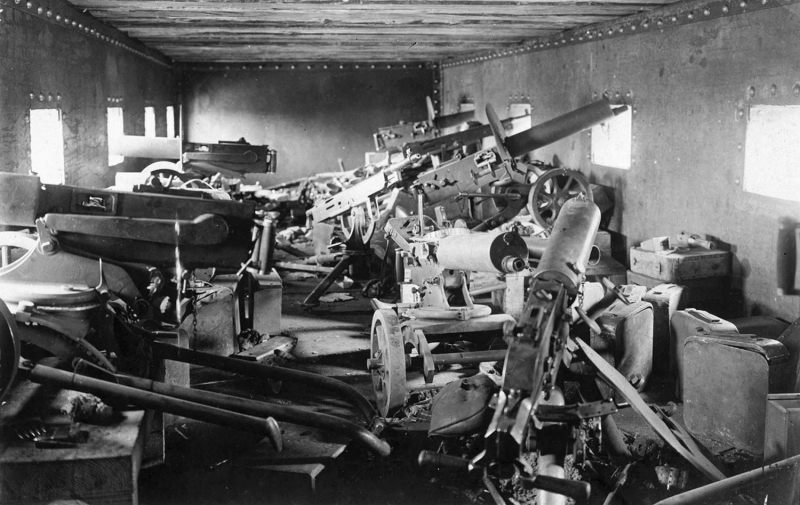
www.ancienthistorylists.com 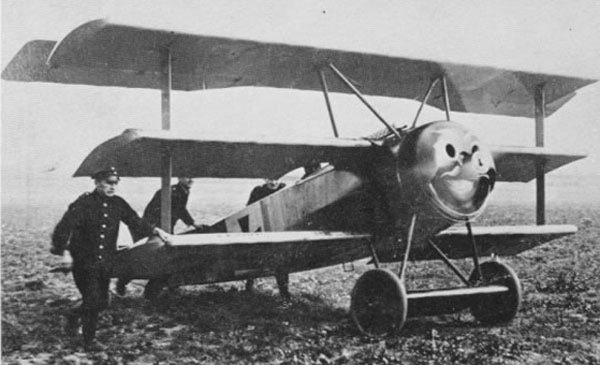
www.ancienthistorylists.com -
Post Traumatic Stress Disorder (P.T.S.D.) was a condition that mostly affected troops who had been in conflict. P.T.S.D., also known as Shell-Shock at the time, was a military issue during World War I. After a few months of WWI, it was discovered in February 1915.
Veterans underwent an unparalleled amount of psychological stress during the war, with many of them suffering effects for the rest of their lives. These varied from difficult-to-forget recollections to acute moments of catatonia and dread when veterans were reminded of their ordeal. After World War I, the overwhelming number of soldiers exhibiting similar symptoms led to the description of "battle stress response".
Soldiers referred to the consequences of trauma as "shell-shock," believing that they were caused by artillery bombardments. Army hospitals were overwhelmed with troops demanding treatment for "wounded minds," tremors, clouded eyesight, and fits as early as 1915, completely surprising the military establishment. Charles Myers, a psychologist, identified P.T.S.D. in his studies. Symptoms experienced in the military, he claims, are the result of psychological trauma. Only in the year 1980 was Shell Shock termed Post Traumatic Stress Disorder. By that time, the medical problem had been recognized as a result of contemporary warfare's ferocity, that's why it's on the list of the most major effects of World War I.
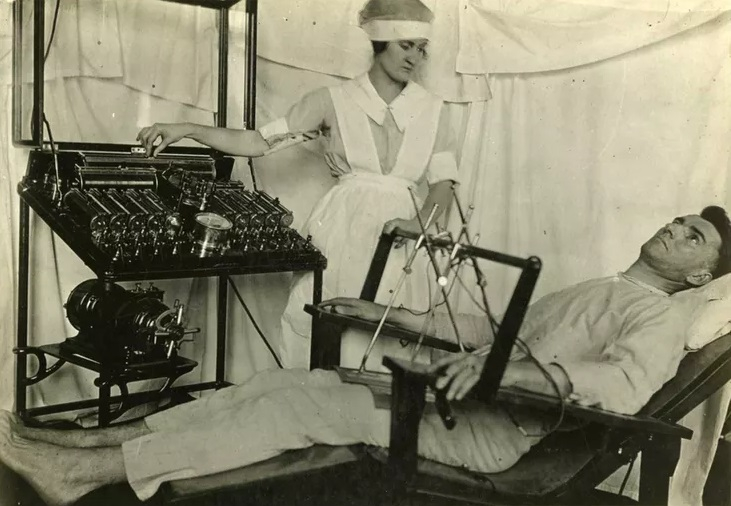
youtube.com -
For a few years before World War I, Europe and its colonial empires were the world's nerve center, but America was an economically formidable nation with its immense resources, and at the start of the second industrial revolution, China is poised to become a global powerhouse. International War I was a watershed moment in world history because it severely damaged the economic situation of European nations, establishing the United States as the world's dominant industrial power and creditor.
This became clear in 1916, when European countries, particularly the United Kingdom, began placing larger and larger military orders with the United States. Britain and France funded their purchases by selling larger and larger dollar-denominated bond issuance to American investors.
Woodrow Wilson, the president of the United States, had guaranteed that the United States remained neutral during the war, and his approach was partially responsible for his reelection in 1916. However, after Russia withdrew from the war in 1917, America's financial and political interests compelled it to join the Allies. Perhaps correctly, a German general staff assessed American military power as "between Belgium and Portugal." A country with untapped military potential quickly developed into a large-scale combat force as the conflict progressed. Its entry tipped the scales in 1918 in favor of the Allies. As a result, became the United States’ World Power.
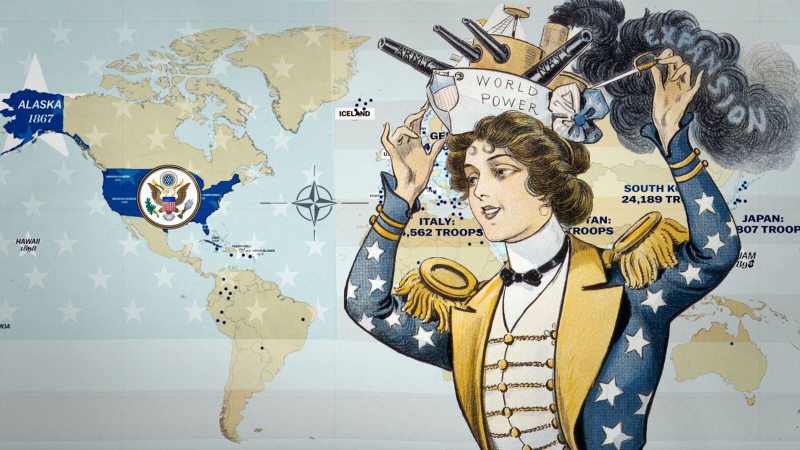
vox.com 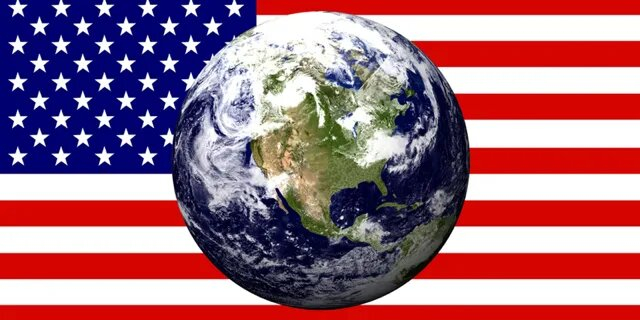
historyten.com -
During International War I, the League of Nations was established for the sake of world peace and security. It was the world's first multinational organization. All nation-states' territory and sovereignty must be respected by league members. On January 16, 1920, the League of Nations had its inaugural council meeting. By 1920, 48 countries had joined the organization.
The League of Nations, which served as a forerunner to the United Nations, won some battles but had a mixed record of success, placing self-interest before conflict resolution at times and dealing with states who refused to accept its authority. During World War II, the League virtually halted activities. It was successful in resolving several international crises, but it was unable to prevent World War II from breaking out.
Even though President Woodrow Wilson was a proponent of the League, the United States is not a member owing to isolationist opposition in Congress. Isolationists in Congress were concerned that it would unduly involve the US in foreign issues. The General Assembly, which includes members from all member nations, the Executive Council, and the Permanent Court of Justice, which monitors administrative operations, are the institutions of the League of Nations.
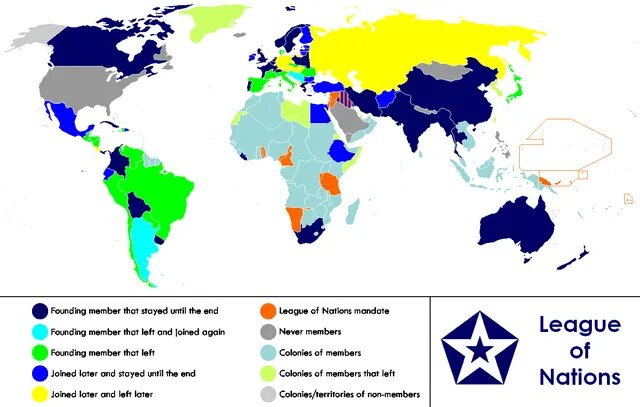
historyten.com 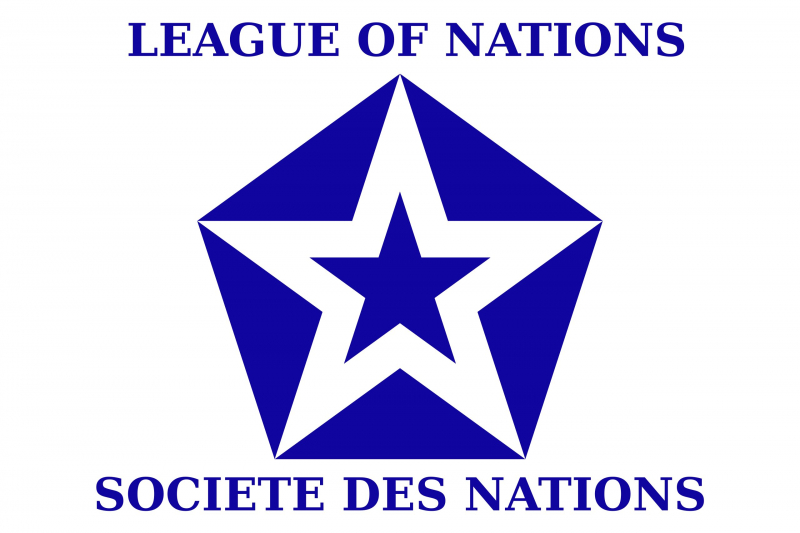
commons.wikimedia.org -
Several types of chemical agents have been developed into weapons since World War I. Choking agents, blister agents, blood agents, nerve agents, incapacitants, riot-control agents, and herbicides are only a few examples. Chemical weapons are any of several chemical substances, most of which are poisonous chemicals, that are used to kill, damage, or incapacitate hostile people. Chemical weapons were first employed in modern warfare during World War I (1914–18) when gas warfare caused more than one million fatalities among troops and killed an estimated 90,000 civilians.
World War I pitted powerful nations against one another, ushering in a slew of new technical developments on the battlefield. As a result, sophisticated artillery, machine guns, and airplanes were introduced. The French used tear gas grenades to keep the German forces at bay, but they were unable to retain them since the Germans possessed the most powerful thick chlorine gas at Ypres. Both sides took up the gas canisters with nastier and newly created strains to hurry up.
Mustard gas was the most effective of all the gases. It was difficult to detect and might result in temporary blindness. Mustard gas caused burned skin and vomiting in some persons, but it generally killed them. Chemical Warfare emerged as a result of World War I, and it has remained one of the most problematic forms of warfare ever since.
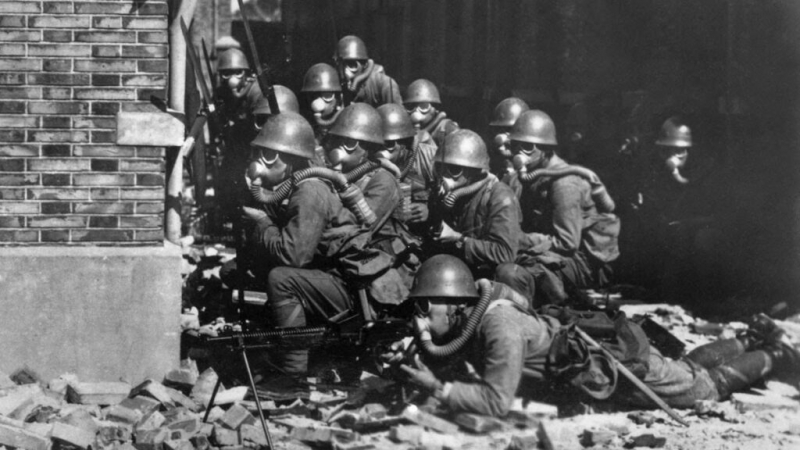
www.reddit.com 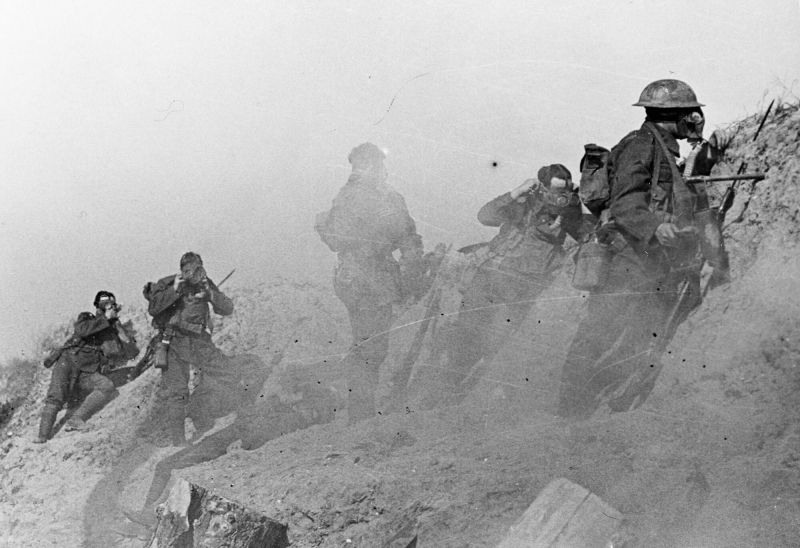
www.reddit.com -
When it comes to the most major effects of World War I must mention the women's suffrage protest outside the White House in 1917, seeking the right to vote. Women's suffrage became a reality with the end of World War I. Protesters held placards that said, "Mr. President, what will you do for women's suffrage?" in front of the White House. 'How long must women wait for liberty, Mr. President?' Initially, President Woodrow Wilson did not respond well to the demonstrators, but the ladies persisted.
From February through November 1917, women protested. Many women were detained, imprisoned, cruelly treated, and force-fed in prison as a result of the protest. The mistreatment of women sparked indignation and strengthened popular support for a constitutional amendment granting women the right to vote.
The women's suffrage campaign was a decades-long struggle to give women in the United States the right to vote. It took almost a century for activists and reformers to gain that right, and the fight was not easy: disagreements over tactics threatened to paralyze the movement on several occasions. The 19th Amendment to the Constitution was eventually approved on August 18, 1920, enfranchising all American women and stating for the first time that they, like men, are entitled to all of the citizenship's rights and obligations.
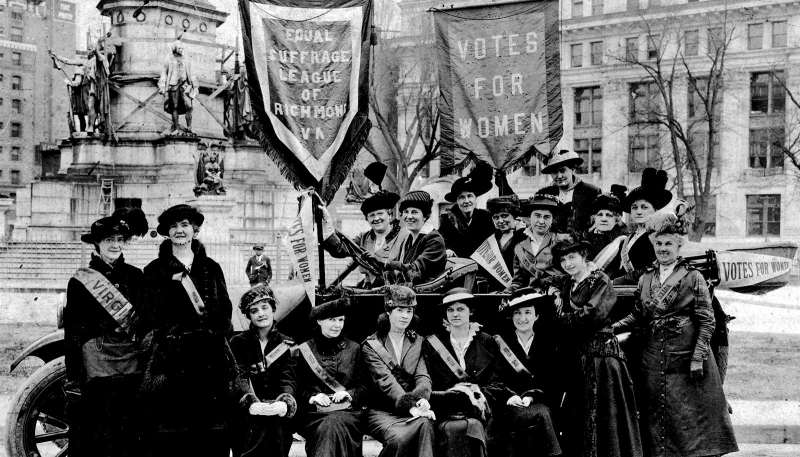
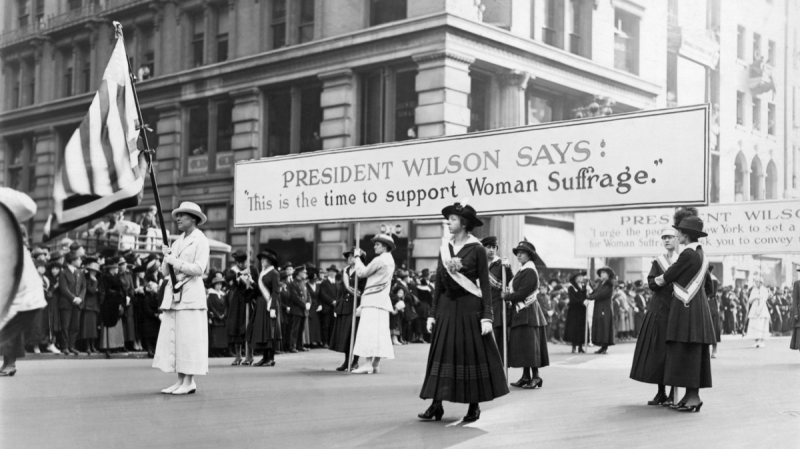
-
WW1's economic, social, military, and political strains were the final nail in the coffin for four great monarchs and empires. The Hohenzollerns, Habsburgs, Romanovs, and Ottomans were their names. For centuries, they have dominated Europe's political scene. Four Collapse of Empires was all destroyed as a result of World War I.
The Ottoman monarchy was dissolved after World War I, and the empire's last Sultan was exiled from Constantinople. It put an end to the Romanovs' 300-year reign, killed the Romanov family, and ushered in the Bolsheviks and Russia's communist rule. Germany was humiliated in the Treaty of Versailles, losing its colonies to Poland and France, and Kaiser Wilhelm II was banished to the Netherlands. With the defeat of the Central Powers at the end of World War I, the Austro-Hungarian empire came to an end. After WWI, Austria and Hungary were reduced to smaller states and split. It also damaged Americans' faith in moral crusade and change, resulting in a vehement discussion over civil freedoms and women's suffrage.
Following World War I, Eurasia, Africa, and even places not directly engaged underwent a significant political, cultural, economic, and social transformation. Due to the conflict, The Collapse of Empires, old nations were abolished, new ones were founded, borders were redrawn, international organizations were formed, and many new and old philosophies were cemented in people's minds. Most of the major parties involved in the conflict underwent political transformations as a result of World War I, transforming them into electoral democracies for the first time in history, as in Germany (1919 German federal election), the United Kingdom (1918 United Kingdom general election), and Turkey (1923 Turkish general election).
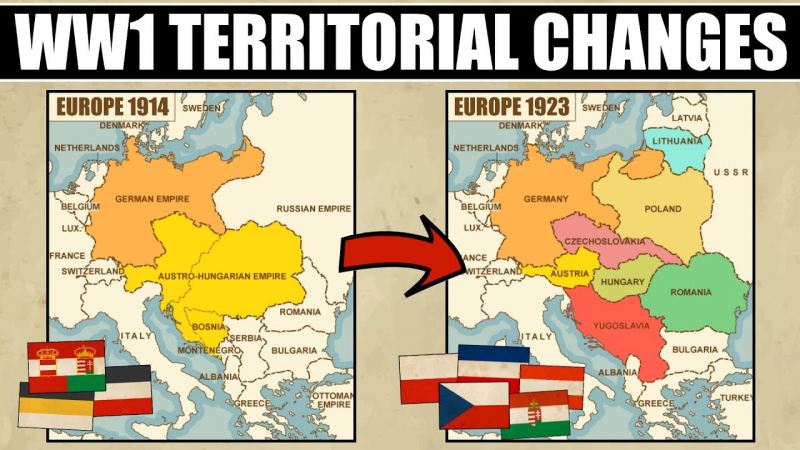
youtube.com -
The Revolutions of 1917–1923 were a wave of political instability and revolts that swept the globe, spurred on by the victory of the Russian Revolution and the chaos generated by World War I's aftermath. The majority of the revolutions were socialist or anti-colonial. Some socialist uprisings did not result in the establishment of long-term socialist nations. The revolutions had a long-term impact on the political landscape of Europe, as seen by the collapse of the German Empire and the abdication of the German Kaiser.
World War I resulted in the mobilization of a million troops, social upheaval, and reconfiguration of governmental forces, resulting in the outbreak of the revolution, widespread strikes, and army mutiny. It also resulted in the Tsar's fall, the monarchy's overthrow, and the Russian Civil War during the 1917 Russian Revolution. A socialist revolution erupted in Germany in 1918, resulting in the establishment of the Weimar Republic, which lasted until 1930.
During this time, the Irish War of Independence (1919-20), the Hungarian Revolution (1918-20), the Egyptian Revolution (1919), and several other revolutionary events took place. The majority of these revolutions were short-lived and anti-colonial or socialist.
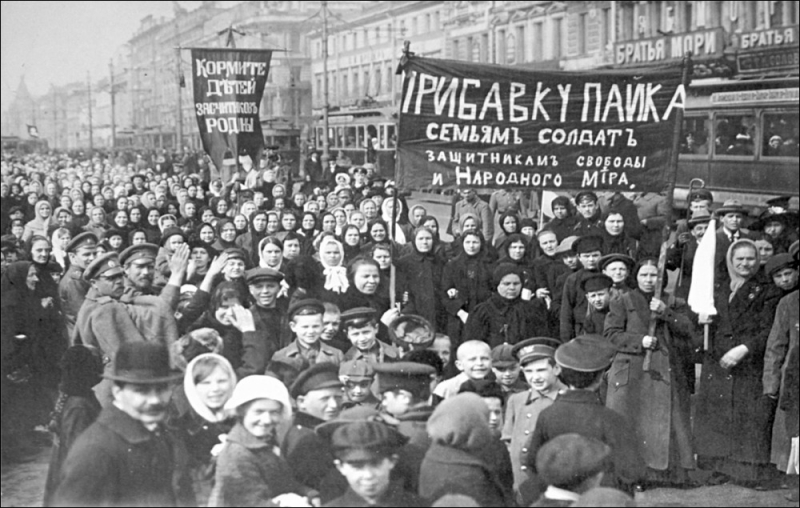
www.history.com 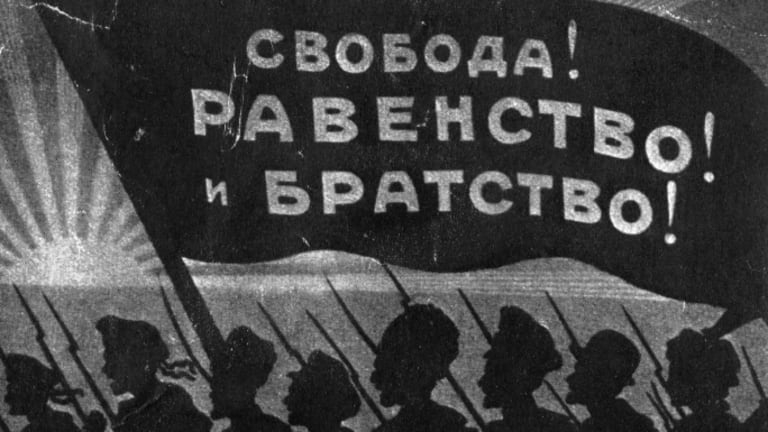
www.history.com












